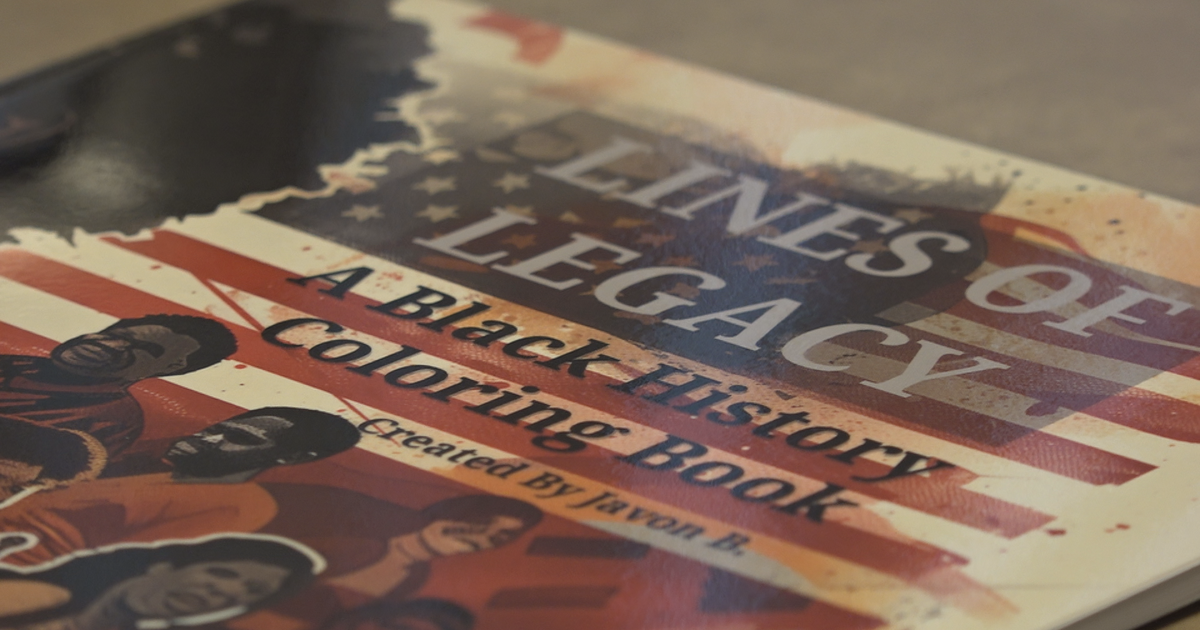Transcript: Colin Powell on "Face the Nation," July 19, 2020
The following is a transcript of an interview with Former Secretary of State Colin Powell that aired Sunday, July 19, 2020, on "Face the Nation."
MARGARET BRENNAN: We want to go now to McLean, Virginia, and former Secretary of State Colin Powell. Mr. Secretary, good morning to you. John Lewis was--
FORMER SECRETARY OF STATE COLIN POWELL: Good morning.
MARGARET BRENNAN: --was a civil rights icon, one of Martin Luther King's top lieutenants. What do you see as his legacy?
POWELL: Well first of all, I think he was a great man and he was tough as nails. I mean, he spent his whole adult life fighting these issues and going after racism. And so a man with that kind of bravery built into him is an incredible individual and he was. And I think we will always be remembering is what he did for our nation, what he did for our people. But there's something else also. He was also a very gentle man in many ways. He loved kids. He loved talking to people. And so we had this gentleman of two really forms, one tough as nails, one gentle. And he will always be remembered as an individual who did all he could for America. And all he could for African Americans, and not only African Americans now, but anybody else who is considered somewhat different. It's all one country. All one people. And he helped pull that all together. But we still got a long way to go. And I'm sure that's what he would say if he was here today.
MARGARET BRENNAN: Well, that was his message when he went as- as we showed our viewers just this June, battling stage four pancreatic cancer. And he risked his own health in the middle of this pandemic, standing and Black Lives Matter Plaza, that area right in front of the White House. I wonder, do you see the moment in the movement now as the modern incarnation of his work? Is there another John Lewis type figure that needs to emerge?
POWELL: I hope one will emerge. There is a need for more John Lewis's, not just one, but many. We've got a lot of work to do. And it's not just a matter of how do we get Black Lives Matter or all lives matter. It's a matter of teaching young people. It's a matter of getting young people educated. Most of my life now is spent on education of young people and helping out my fellow citizens who are on the lower economic scale. How do we get them up? We have to now move on to new things and not just slogans. And we have to make sure that we are putting everything we can into the needs of our fellow citizens, whatever they may be, whoever they may be, in order to bring them back into the world, into America and make sure they have the same opportunity that John Lewis wanted all of us to have.
MARGARET BRENNAN: But I wonder what you think about the moment that we're in now. John Lewis, when you spoke to my colleague, Gayle King before his passing, said what he sees in the streets looks so different. It's much more massive, all inclusive. There will be no turning back. He was hopeful. And yet the momentum that was there, the calls for police reform, those have since stalled. Are we at a point in this country where we just can't get out of our own way? We are so divided that we can't get to the place John Lewis saw?
POWELL: No, I don't think we're there. I think we are somewhat divided now, but I think we have to keep moving on. I mean, we've come so far in the last 50 years. 60 years ago, when I entered the United States Army, nobody thought I could ever become chairman of the Joint Chiefs of Staff, but I did. And so a lot has happened. We ae a much better nation now. We're living better than we did then but there's more to be done. There are more youngsters that have to be educated. There are more adults that have to be educated. We have to fix the economic system so that every American can have a quality, not only education, but quality opportunity to have a good life and to make the money necessary to have that kind of good life. So we've got a long way to go. But he put us on the road. He put us on the road. And the last thing we want to do now is say it isn't going to work. It is going to work. We're America. We're Americans. And we know how to deal with these issues. We've dealt with them on and off for the last 50 years but we've still got a long way to go. And John Lewis will be replaced by others. There'll be others who are coming up. There are many others now who want to be part of the reformation that's going to take place in the United States of America to make it the better place we all want it to be.
MARGARET BRENNAN: There's a new consciousness about symbols, as well as systemic racism. And the current chairman, the Joint Chiefs of Staff Mark Milley, said this week the U.S. Army is now 20 percent black. And he said young soldiers who serve on bases named after Confederate general, quote, can be reminded that that general fought for the institution of slavery that may have enslaved one of their ancestors. Is this- do we need to rename these bases?
POWELL: True. It's true. I would rename the bases. We really hadn't thought about it a few years ago. But now with Black Lives Matter and all the issues that are before us, I think it is a good idea to rename the 10 bases in the United States Army that are named after Confederates. You know, I never really thought about it. I went to Fort Benning, Georgia, named after a Confederate, and I did all my training there, but it never really stuck to me that this name should be changed. So I fully support what General Milley is doing. I hope he doesn't get any difficulty with it with the rest of the administration. But I think this is something we should do and we should do it as quickly as we can.
MARGARET BRENNAN: And the Pentagon also decided this week to list flags that can be displayed without actually explicitly banning the Confederate flag. Is that kind of compromise unnecessary, truly? I mean, should it be more explicit?
POWELL: The Confederate flag is now an explicit demonstration of another time, another place, another country that had nothing to do with the United States of America. It was the Confederate States of America. They were not part of us and this is not the time to keep demonstrating who they were and what they were back then. This is time to move on. Let's get going. We have one flag and only one flag only. And that's the flag we should all support and all display and all be proud of.
MARGARET BRENNAN: Secretary Powell, always great to have you. Thank you for helping us remember John Lewis. Thank you.



